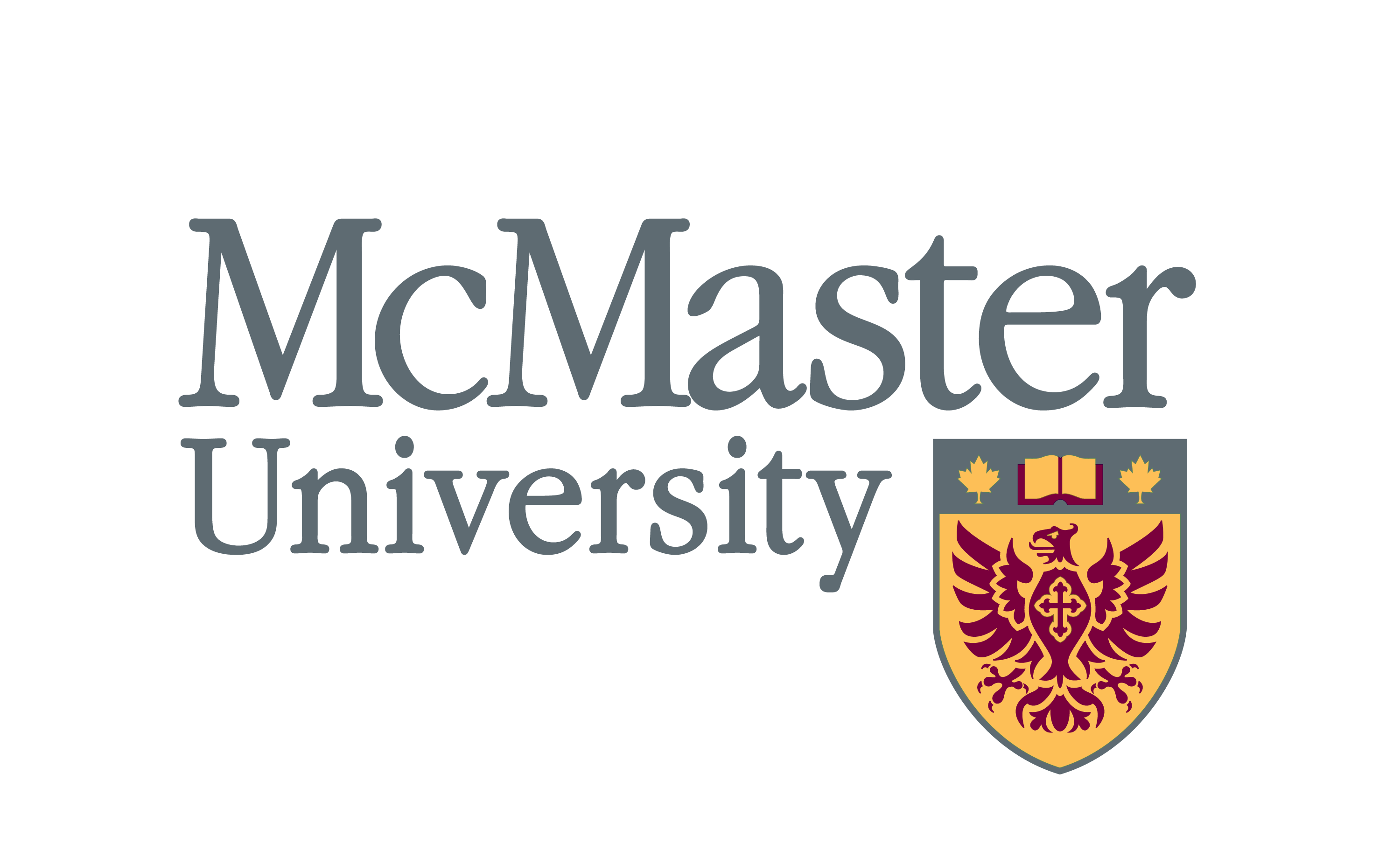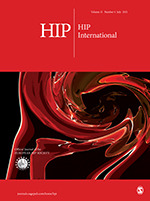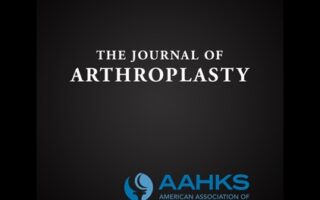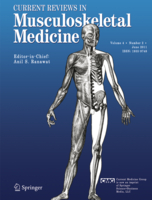Incidence and Predictors of Prosthetic Joint Infection Following Primary Total Knee Arthroplasty: A 15-Year Population-Based Cohort Study
McMaster Arthroplasty Collaborative (MAC)
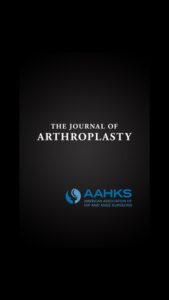
Abstract
Background: One of the most devastating complications of total knee arthroplasty (TKA) is periprosthetic joint infection (PJI). Although many complications associated with TKA have decreased over time, the trends associated with PJI are less clear. Thus, the purpose of this study is to determine the incidence and risk factors for PJI after primary TKA.
Methods: We performed a population-based cohort study using linked administrative databases in Ontario, Canada. We used a Cox proportional hazards model to analyze the effect of surgical factors and patient factors on the risk of developing PJI.
Results: In total, 129,613 patients aged 50+ received a primary TKA for osteoarthritis from 2002 to 2016 in Ontario, Canada. In total, 1.41% of patients underwent revision surgery for PJI. When accounting for censoring, the cumulative incidence for PJI was 0.51% (95% confidence interval 0.46-0.55) at 1 year, 1.12% (1.05-1.18) at 5 years, 1.49% (1.41-1.57) at 10 years, and 1.65% (1.55-1.75) at 15 years. The multivariable model revealed that male gender, younger age, type II diabetes, post-traumatic arthritis, patellar resurfacing, and discharge to convalescent care were associated with increased risk of PJI.
Conclusion: The risk of PJI following TKA has decreased in small but steady increments over the past 15 years. Most PJIs are diagnosed within the first 2 years postoperatively, though a small group do continue to occur after 10 years. Overall, while the incidence of PJI has decreased slightly over the past 15 years, it remains among the most concerning complications of TKA and continued efforts aimed at further reducing its occurrence are needed.
Keywords: linked administrative data; periprosthetic joint infection; population-based cohort study; revision total knee arthroplasty; total knee arthroplasty.


